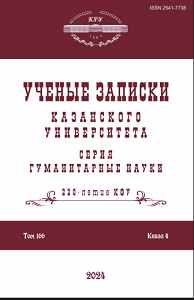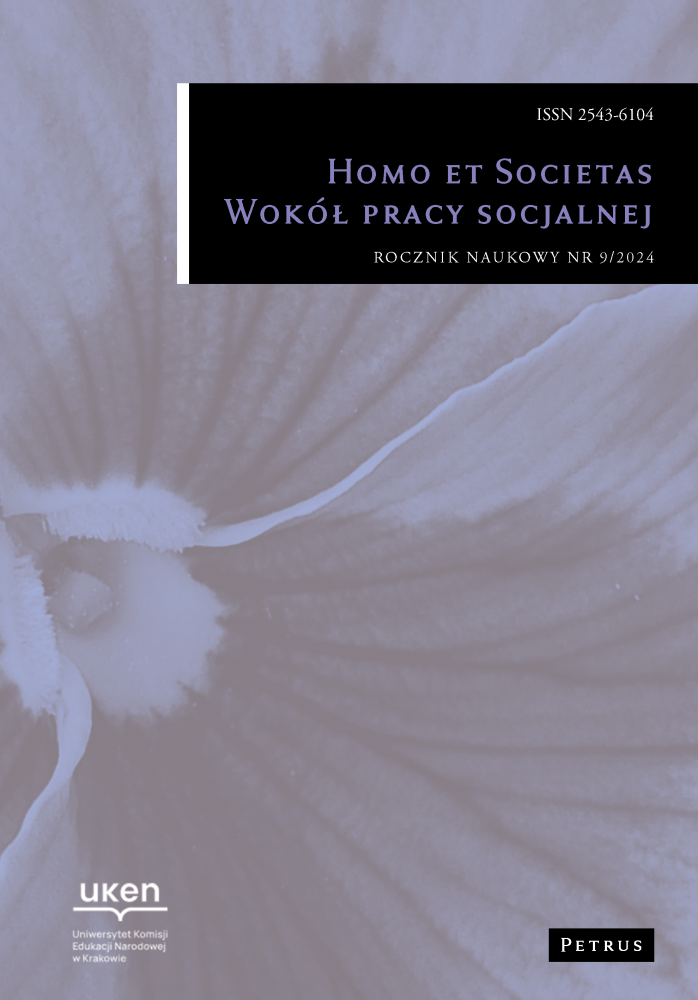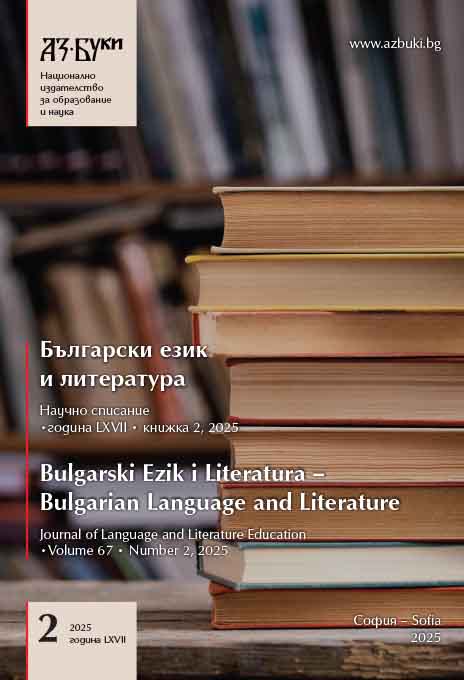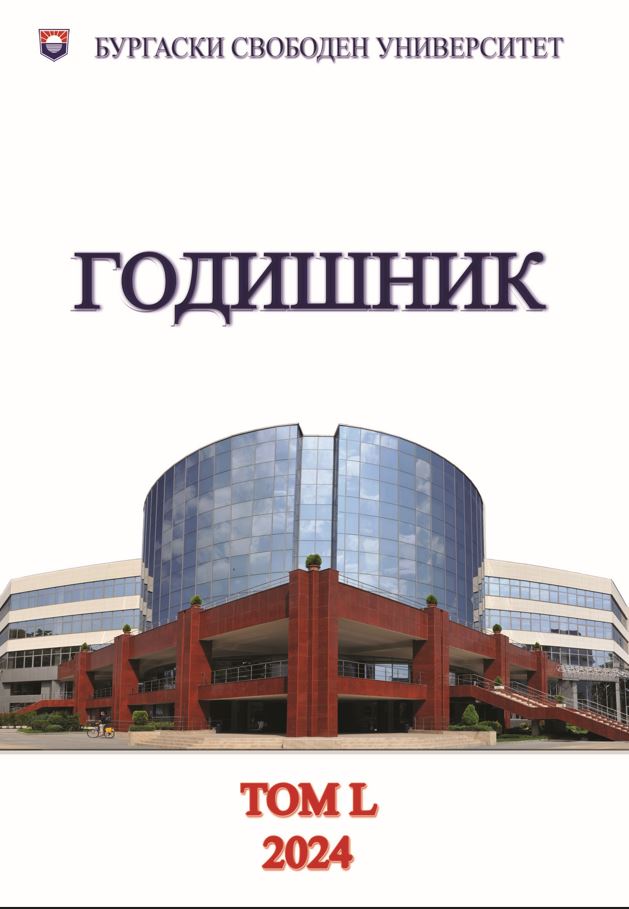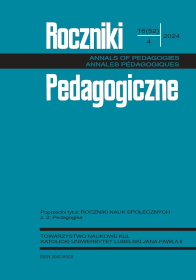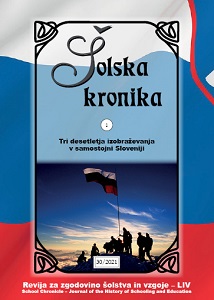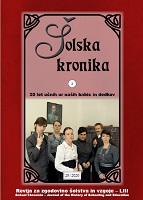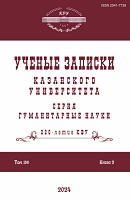
Профессор П.В. Денисов – воспитанник Казанского университета
This article considers the role of the Kazan school of history and ethnology in the development of Professor P.V. Denisov’s views and professional expertise. Kazan University is the alma mater of numerous notable Chuvash researchers. Many studies on the Chuvash people were performed within its walls, particularly by N.V. Nikolsky, V.K. Magnitsky, I.Ya. Yakovlev, N.I. Zolotnitsky et al. P.V. Denisov, who rose to prominence as a scholar and lecturer within the scientific and educational centers of Kazan, carried on their work with great merit. Here, his collaborations with Kazan colleagues and his substantial contributions to the advancement of ethnology and pedagogy were analyzed. Based on the analysis, several conclusions were drawn. P.V. Denisov dedicated his life to promoting science and mentoring further generations of highly qualified and skilled historians and ethnologists. His academic and pedagogical endeavors were mostly connected with I.N. Ulyanov Chuvash State University, where he taught historical and ethnographic disciplines, as well as established and headed the Department of Archaeology, Ethnography, and Regional History. Throughout his life, he published 120 scholarly works and supervised 20 holders of candidate and doctorate degrees in history. He was proud to be an alumnus of Kazan University and always maintained friendly and professional ties with his colleagues from Tatarstan. P.V. Denisov’s heritage and achievements have become deeply ingrained in Russian ethnology and pedagogy. His influence and ideas live on in the memories of his students. The obtained results hold both scientific and practical significance, shed light on the history of ethnology in the Volga–Ural region, and provide valuable material for studying and sketching the lives of famous Kazan University alumni.
More...
